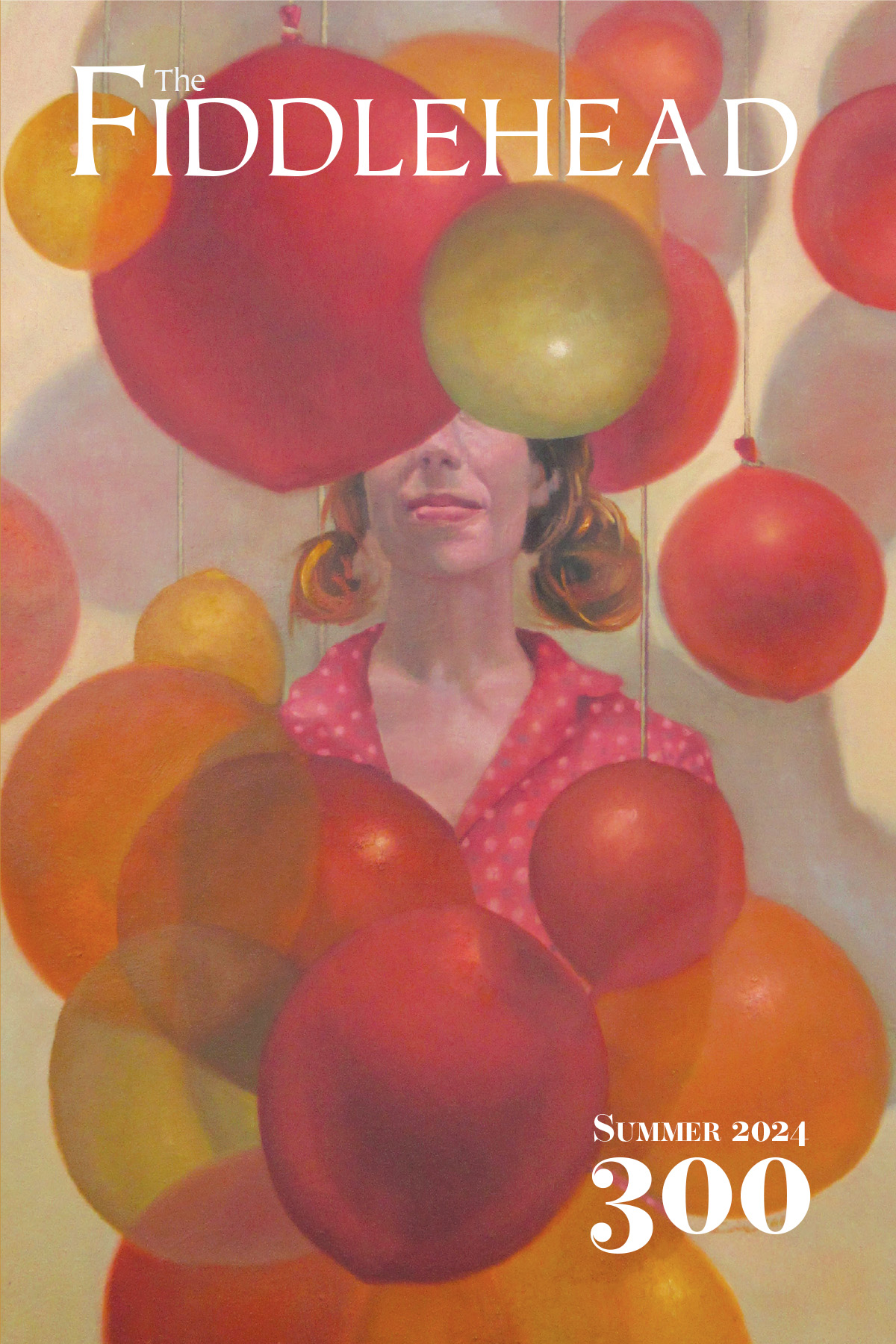
Shashi Bhat: The Most Precious Substance on Earth
This is my year of reading short story collections, and this book exploded my understanding of what you could do with the “novel in short stories” form. The dust jacket describes it as a novel, and it follows a single protagonist, named Nina. But many of the stories that comprise it were published separately and several made it into collections like The Journey Prize anthology, and that’s because they make such powerful use of the condensed tension of the short story. The opener, “Why I Read Beowulf,” is frankly one of the more unsettling stories I know in the language, setting up a sickening feeling of anticipation and then changing direction. If you’re a writer who wants to know how to write twists that matter, this where I would start.
The threats in this book are never (only) where you expect them, and it’s really a book about what it means for women to survive in that kind of world. It’s also about education. Nina becomes a teacher eventually. Bhat prefaces the collection with two quotations, the second of which is from Jim Henson: “[Kids] don’t remember what you try to teach them. They remember what you are.” I’m haunted whenever I think of those words up against this collection, or against my own teaching career. By these standards, which of us is good enough? Who is ready? And who has overcome the damage done to them by some of those who posed as teachers?
I was recently at a talk with the writer Kate Cayley (also an amazing short story writer), and someone asked her how they could create tension in a short story, working with only a small space. Kate answered almost tautologically: “You use the tension that comes from small spaces.” Perfect. Bhat does this with finesse and subtlety over the course of 13 stories, opening and closing the eyelid of our attention on a single woman’s life over and over. It’s hard to find new ways to represent trauma now—but this book leaves room for both the complexities of what happens to people (especially to women) and the weird slow pace of survival. Life happens both before and after the worst things in our lives.
— Glenn Clifton (he/him) writes plays, fiction, and academic articles. His short fiction has appeared in The New Quarterly, Prairie Fire, On Spec, SubTerrain, and Year’s Best Canadian Fantasy and Science Fiction, among other places. He teaches creative writing at Sheridan College.
You can read Glenn Clifton's story in Issue 300 Summer Fiction 2024. Order the issue now:
Order Issue 300 - Summer Fiction 2024 (Canadian Addresses)
Order Issue 300 - Summer Fiction 2024 (International Addresses)











